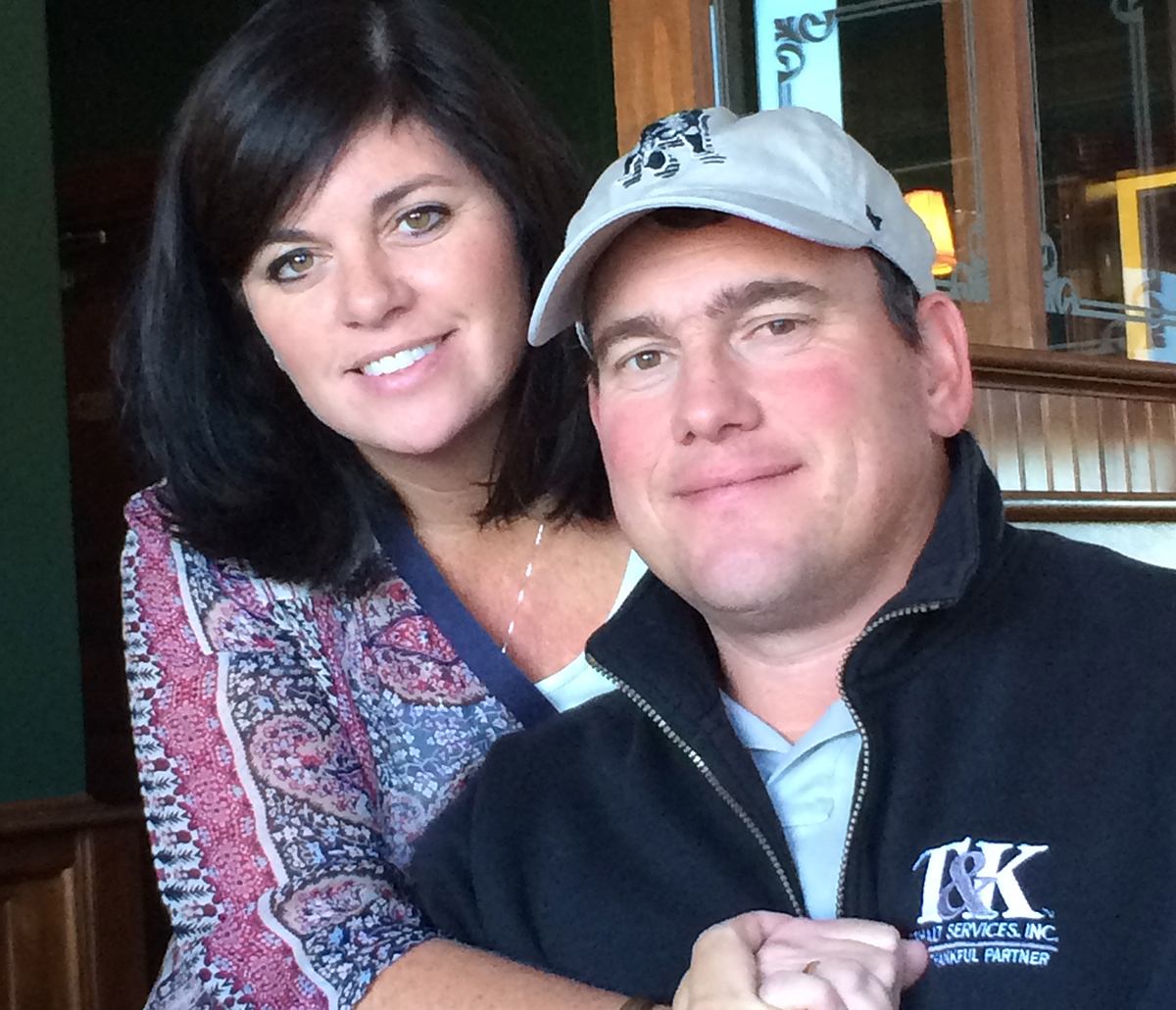How One Man Brought the ALS Research Community Together

Gosnell with his wife, Kathy. Photos provided
Kevin Gosnell had absolutely no medical background. What he had was an ALS diagnosis, a knack for collaboration, and an overwhelming desire to find a cure.
He wrote one question on a Post-it note: “Why has it been 74 years since Lou Gehrig died, and we still have no treatment?” He vowed to find an answer.
That was in May of last year. By November, he had top ALS researchers from UMass Medical Center, Massachusetts General Hospital, the ALS Therapy Development Institute, and Compassionate Care ALS working together and pledging to find a treatment within four years. The initiative, which officially launches today, is called ALS One.
“One of the big things I realized was that the ALS community was extremely fractured in everything it does,” Gosnell says. “Nobody was really coming together as a team to really harness the power of all the people.”
So he called upon his lifetime of small business experience and did what he does best: built a team.
He started by founding the ALS Knights, a group of individuals committed to fundraising—they’ve already raised $650,000—and contributing to finding a cure. Next came ALS One, which he started by inviting top Boston researchers and doctors to a meeting at Mass General. He didn’t expect anyone to come. They all did, and the meeting ran long by two hours.
After that, Gosnell says, the doctors began meeting regularly, developing an aggressive collaborative research plan. Other groups, such as Answer ALS, have formed similar alliances, but ALS One’s pledge to find a treatment in just four years is a virtually unheard-of rate of change in the medical community.
“They said, ‘If we work as a team, and if we got the right funding, we could significantly reduce how long it would take us to do things, because of the power we have behind us,'” he remembers. “They’ve been around this disease; they know how horrific it is. When you see this all the time, you can’t help but find a sense of urgency to get it done.”
Gosnell is modest about his efforts, attributing his success to good communication. But beyond that, the 47-year-old father of three is motivated by the desire to leave a mark.
“I could go home, be secluded, curl up in a ball and cry, and wait to die. Or, I could take the time that I have left and try to move the needle a little bit,” he says. “I said to myself, what greater last lesson to teach my kids than to have them see strength, and courage, and grace?”

The ALS One team.


